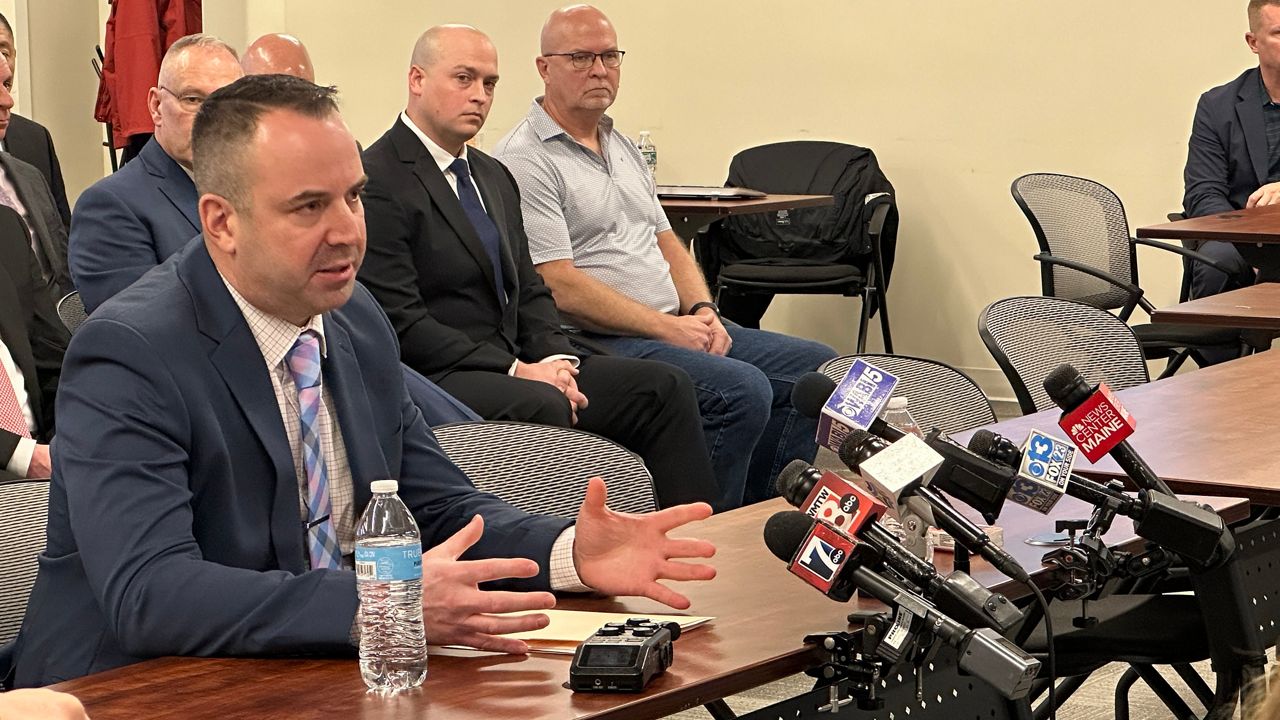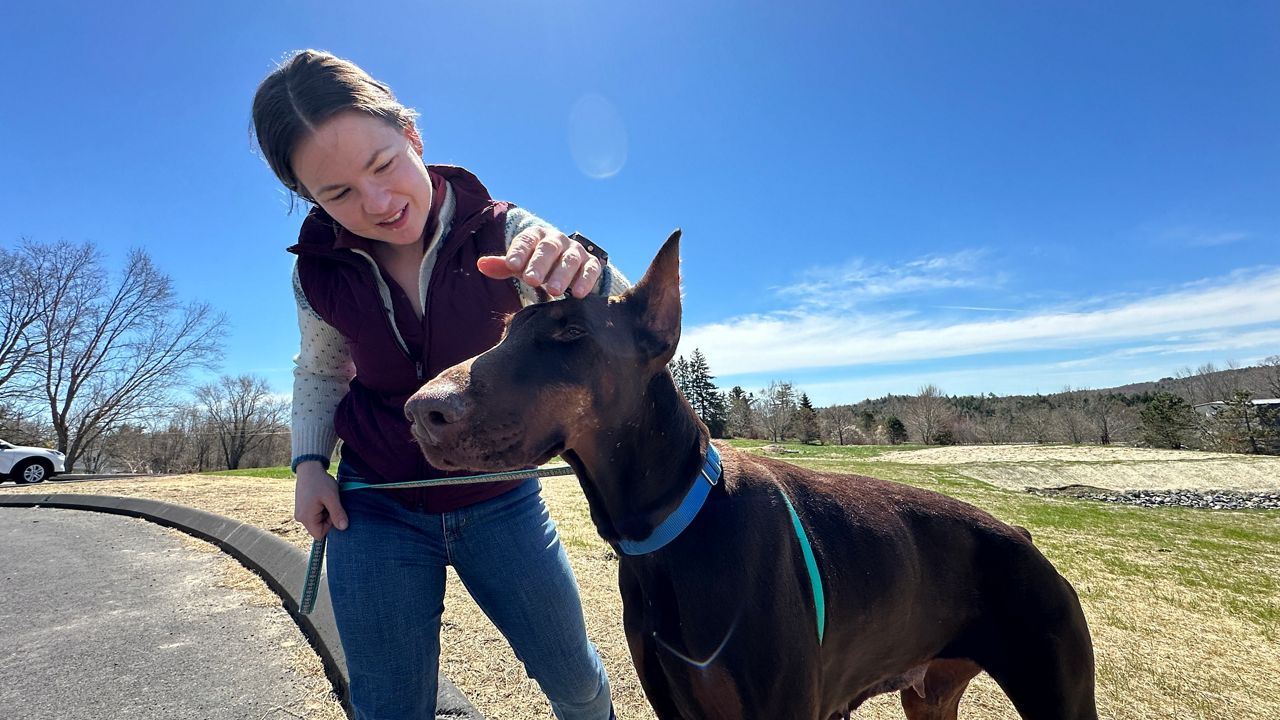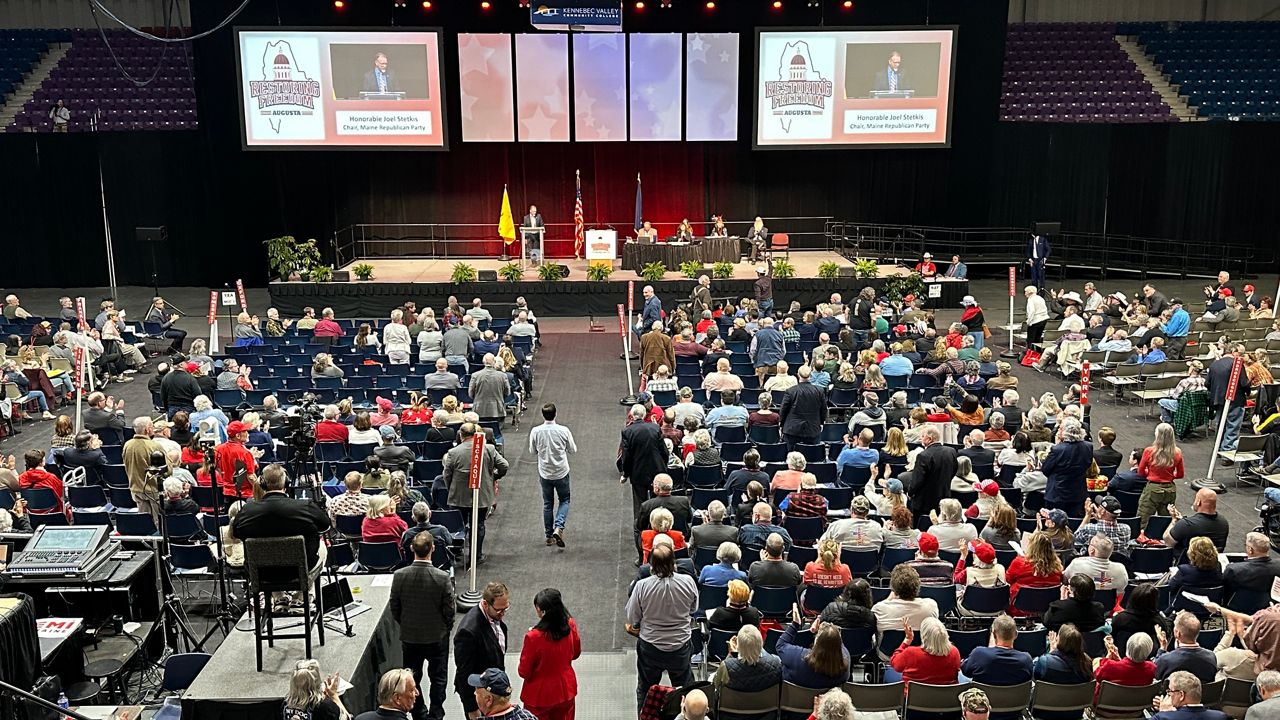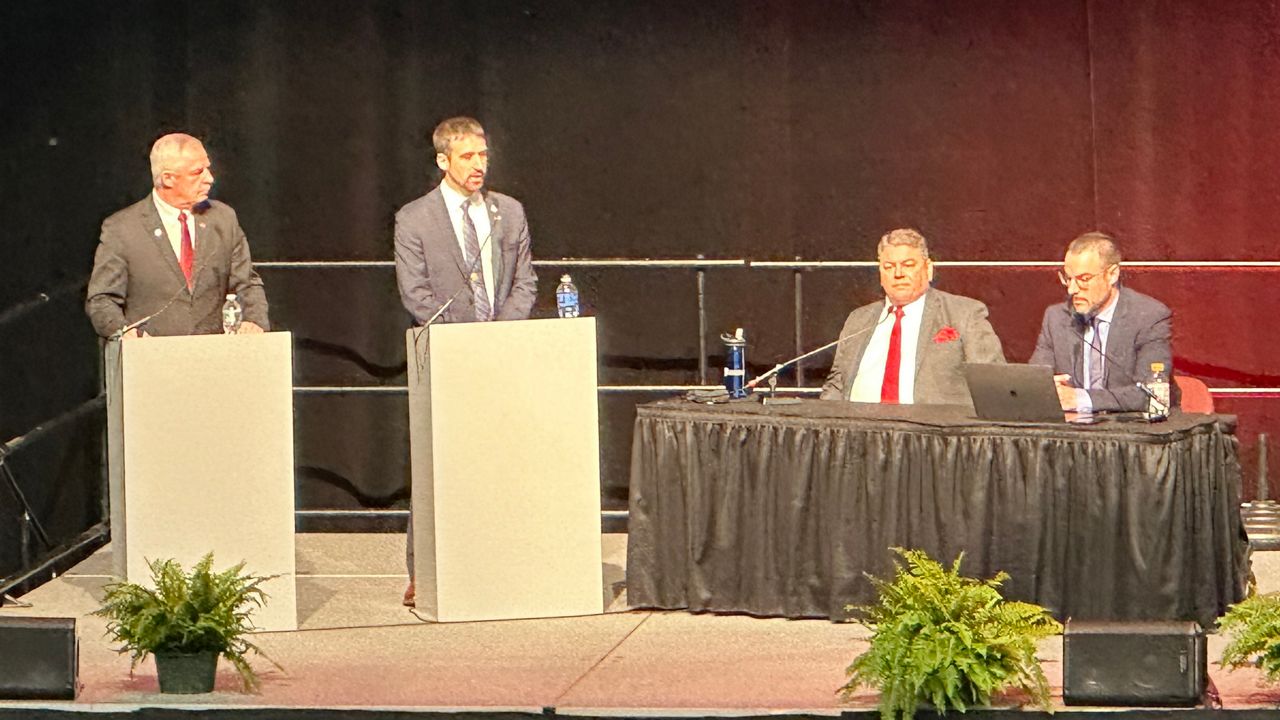An Army reservist and Androscoggin sheriff’s deputy criticized the Maine State Police Thursday for what he described as “poor” communication during the manhunt for Lewiston shooter Robert Card.
“The lines of communication in response to this scene were unacceptable,” Deputy Matthew Noyes of the Androscoggin County Sheriff’s Department said. “In crucial events such as these, we need to be applying the benefit to risk calculation and that includes tactical considerations as well as communication. I can tell you that undoubtedly, from a boots on the ground first responder, the communication was poor and caused several issues.”
Noyes testified before a panel investigating the Oct. 25 shootings that claimed the lives of 18 people at a bowling alley and a bar in Lewiston. Card, 40, of Bowdoin, served in the Army Reserves with Noyes and others who testified to the commission Thursday.
The testimony came one day after Card’s family authorized the release of a study of his brain that showed significant evidence of traumatic brain injury.
Card was an instructor at an Army hand grenade training range, where he was likely exposed to thousands of low-level blasts.
Card’s family members also released a statement Wednesday apologizing for the attacks and saying they are heartbroken for the victims, survivors and their loved ones.
In the wake of the shootings, lawmakers are considering several changes to Maine’s gun laws and investing more funding in mental health care.
In addition to their service in the reserves, all who spoke to the commission also work in law enforcement. Noyes recalled responding to Lewiston the night of the shootings.
He described chaos in which hundreds of police responded to multiple locations in addition to the scenes where Card committed the killings.
While on duty, Noyes said he found out that Card was the suspect, so he went to the command center to share information about Card with whom he served in the Army reserves.
Noyes said he helped identify Card’s vehicle, but that a member of the Maine State Police spoke to him for only two minutes.
That lack of communication and his concerns about other aspects of the search for Card led him to recommend to the investigators that they need to speak to others who participated in the search.
“The additional people that the board should be calling to testify are the actual boots on the ground, the people that responded to the scenes, the ones that dealt with Card in a personal sense and the ones that were involved with the manhunt on the lowest levels,” Noyes said.
The commission is scheduled to take testimony from five Army reserve members Thursday as part of its ongoing probe into the events that led to the worst mass shooting in state history.
Noyes described an incident in July when he and others noticed that Card seemed to be acting strangely, including signs of paranoia, a dispute with a fellow reservist and refusing to answer the door of his hotel room.
Command staff decided he needed mental health care and Noyes and others drove him to a psychiatric facility in New York near their training site. After two weeks, he returned home to Maine.
Under questioning, Noyes said he did not believe it was the Army’s responsibility to remove the guns from Card’s home, even though his access to firearms during training weekends had been restricted.
“I felt that was local law enforcement’s responsibility,” he said.









)